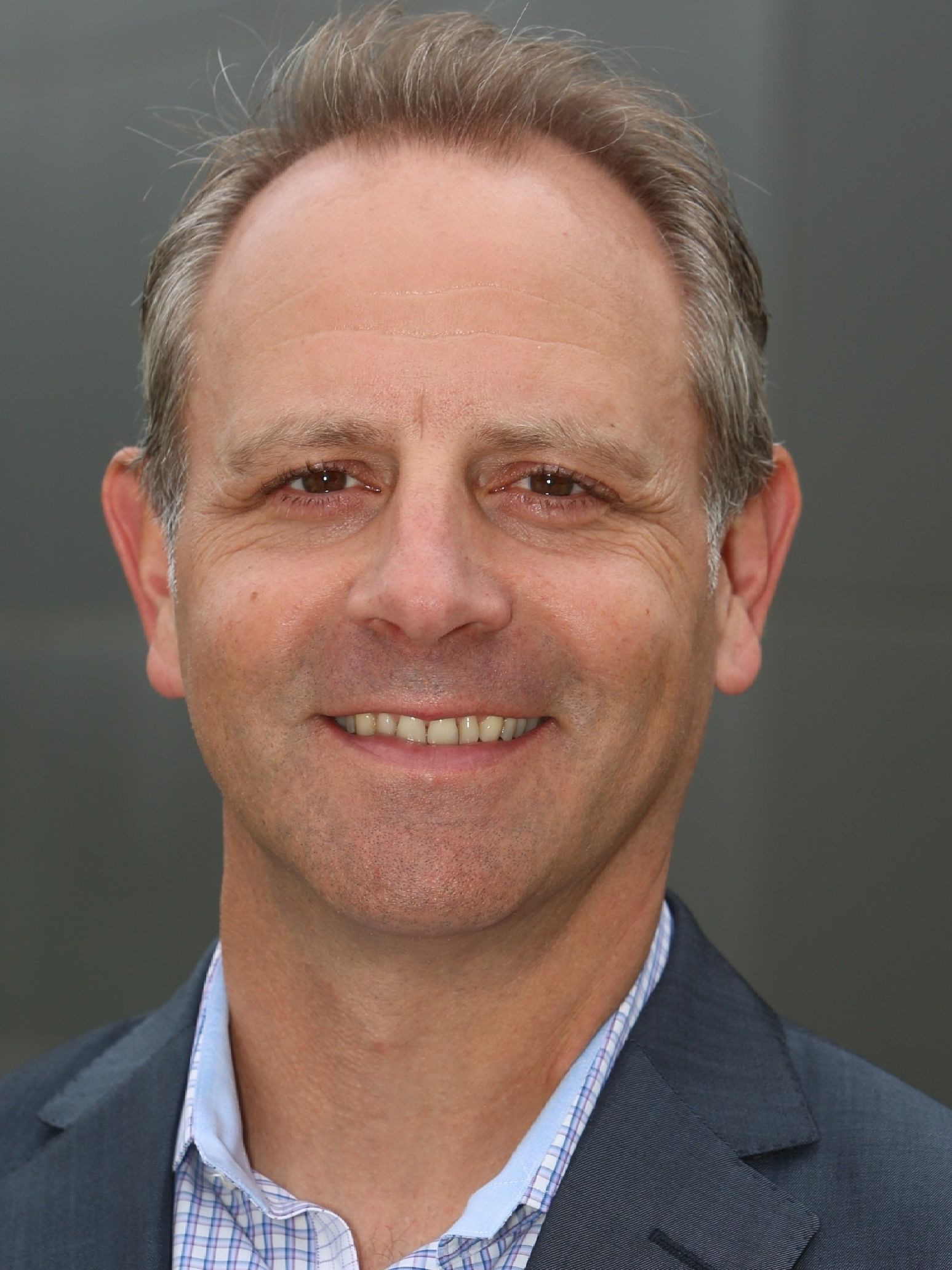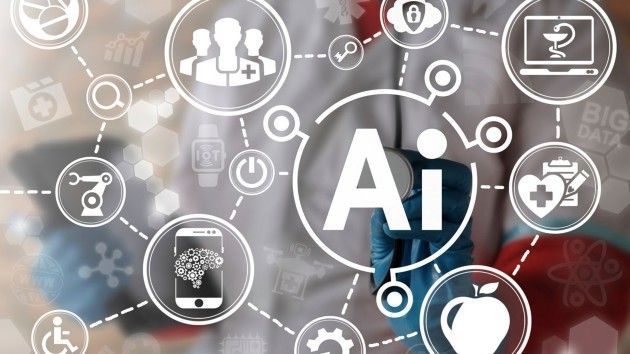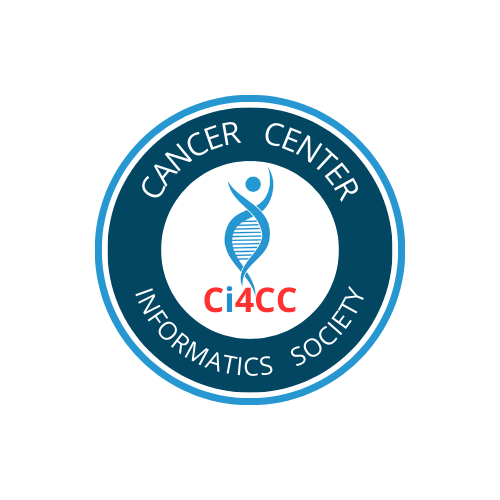Cancer Research UK teams up with Winton and others to help solve 'big data' challenges
Cancer Research UK is holding its first conference to address the ever increasing challenges of ‘big data’ – the massive amount of information generated from a variety of different domains, including cancer research, that is hard to analyse – today (Tuesday).
"There’s been an explosion of data generated in cancer research and we need to look to the big players such as Google, Ipsos MORI and Winton to find new ways to analyse the data." - Harpal Kumar, Cancer Research UK
‘Multidisciplinary Challenges of Big Data’ is the first meeting of the ‘Big Data Analytics Conference Series’, an annual conference series sponsored by Winton Capital Management and organised by Cancer Research UK.
The charity is running huge scientific research projects* which pump out masses of data, similar to the levels generated by the biggest players in this field.
Recent technology developments have allowed cancer researchers to ask questions that will generate huge amounts of data, but to analyse this data effectively will take new skills. In order to do this Cancer Research UK will look to other fields which have a long standing interest in big data generation such as finance and web analytics.
By bringing together the best minds facing similar big data challenges – Winton, Google, Ipsos MORI, and others – with cancer scientists, biologists, physicists, mathematicians and statisticians, the aim is to share lessons learned across these various disciplines in order to better store, share, analyse,
visualise and interpret the ever increasing volumes of data.
This initiative comes alongside the Government’s recent announcement providing £42 million over five years for a Big Data Institute – the Alan Turing Institute – a national institute which will enable the UK to lead the way in, and reap the benefits from, Big Data science.
The speakers** at the conference will discuss the opportunities and challenges in big data within their respective fields which include cancer genomics, physics and astronomy, market research, web-based analysis and finance.
To promote discussion and collaborations, there will be an interactive panel session with world-leading experts spanning a variety of disciplines who will spark discussion around the issue of ‘Selection Bias in Research.’ Delegates from around the world will be in attendance hoping to foster multidisciplinary collaboration to tackle big data challenges.
Dr Harpal Kumar, Cancer Research UK’s chief executive, said: “This is an exciting new avenue for Cancer Research UK to explore and is the first time we’ve brought together such a range of expertise to see if we can learn from other disciplines. There’s been an explosion of data generated in cancer research and we need to look to the big players such as Google, Ipsos MORI and Winton to find new ways to analyse the data.
“Some of our biggest, most ambitious projects such as the International Cancer Genome Consortium and Stratified Medicine Programme could benefit from this type of analysis.”
David Harding, Winton’s founder and chairman and a board member of Cancer Research UK’sCreate The Change Campaign for the Crick, said: “Big data offers radical new perspectives and opportunities for solving real problems. It is a core part of what we do at Winton, which is a global quantitative investment manager employing scientific research into financial markets. Our experience has shown how important it is to bring together people from different disciplines to tackle big data challenges. By understanding them and working together we can start to further create the change.”
Universities and Science Minister David Willetts said: “Big-data is one of the eight great technologies of the future with the potential to propel UK growth. It will help us gain faster and deeper insights from the vast amount of experimental, theoretical and clinical data we collect. That's why we have committed £42 million for the Alan Turing Institute to ensure we reap the benefits of Big Data science for the UK economy.
“The cross disciplinary approach demonstrated by Cancer Research UK and its new partners support our ambition to make the UK a world leader in the analysis and application of big data.”
The new Francis Crick Institute, opening in 2015 and set to be the largest biomedical research institute in Europe will generate a huge amount of data and will benefit from this type of data analysis.
The Crick is a partnership of six leading UK scientific and academic organisations — the Medical Research Council, Cancer Research UK, the Wellcome Trust, UCL, Imperial College London and King's College London.
Russell Delew, Cancer Research UK’s director of major giving and appeals, said: “As one of the best places globally for scientific research, the new Francis Crick Institute will also generate huge amounts of scientific data. Set to open next year, the Institute will take innovative approaches in carrying out biomedical research aimed at speeding up scientific discovery. But we need the funds to make this a reality. So far Cancer Research UK’s Create The Change Campaign has raised £45million – nearly half our £100million target.”
Share this Article with others





